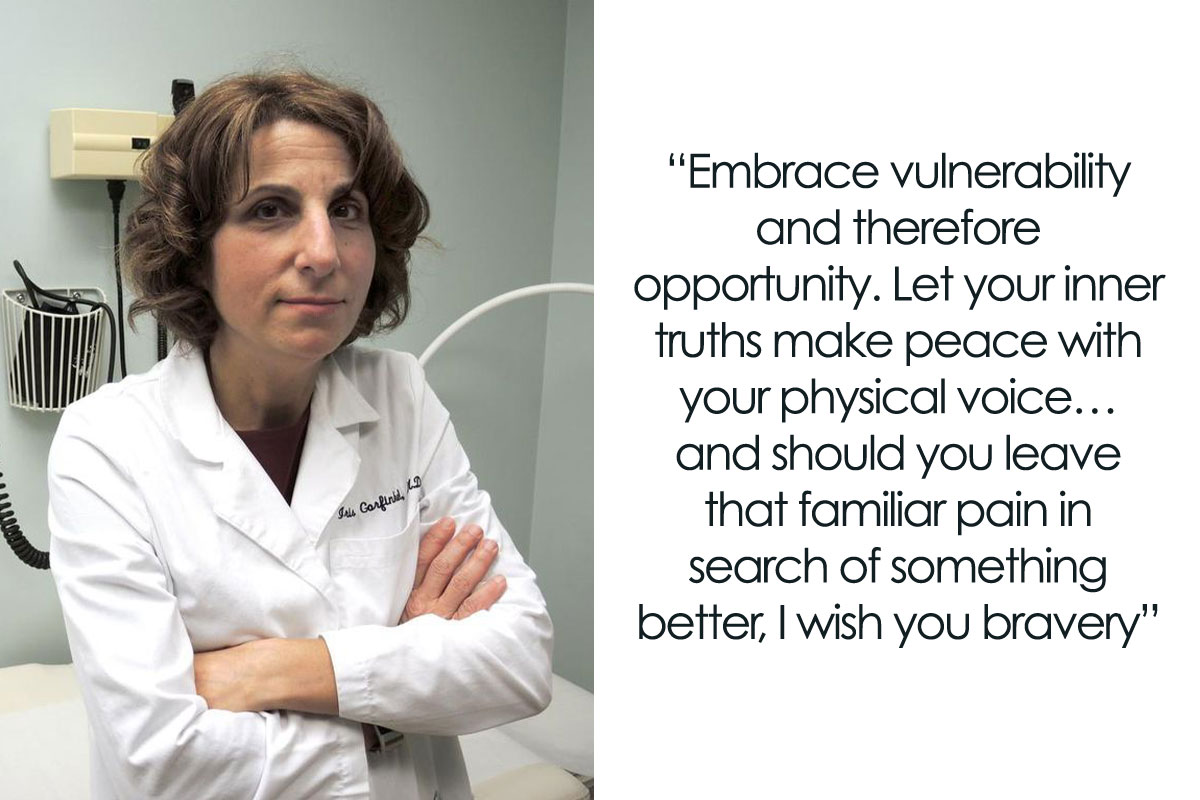
“Don’t Live To The Top 5 Regrets Of The Dying”: I’m A GP, And This Is Why Embracing Vulnerability Is Your Strength For 2024
I’m a GP in Canada, and I’ve seen the pandemic worsen mental health and fuel drug and alcohol use. This is on top of the “usual” anguish of grief, depression, anxiety, and loneliness.
So I wrote this letter to everyone who’s facing these challenges.
The holiday lights twinkle, the music plays, the anticipation of holidays, and then… the loneliness. 1 in 4 adults worldwide report feeling fairly or very lonely. It’s worse among those between 15-30 years of age. That’s according to a recent Meta-Gallup survey of more than 140 countries.
It comes at a life-cost equivalent to smoking 15 cigarettes a day. Loneliness- along with grief, regret and lost love- are a familiar presence in most households. But they can be intense enough to transform a holiday into a struggle to get over. It’s a no-win because the thought of change can trigger a new type of pain- the pain of taking emotional risks.
Sharing feelings that have been hidden- sometimes for years- might work in a fantasy, but the reality of expressing those feelings can feel terrifying.
Pain specialists point out that we’re addicted to the pain we know. It may be painful, but it’s familiar; it’s safe. Admitting the need to love and be loved can feel like a departure from that safety.
People on their deathbeds shared their top 5 regrets with palliative care expert Bronnie Ware in what became- no surprise- an international best-seller.
They had 5 regrets in common, a wish list if they could turn back time:
The number 1 regret? Not having lived a life true to themselves, instead of one other people had expected of them
Image credits: B_Me
Number 2? Working too hard
Image credits: annawald
Number 3? Lacking the courage to express their feelings
Image credits: 1388843
Number 4? Not staying in touch with friends
Image credits: tranmautritam
And the 5th and final regret was not allowing themselves to be happier
Image credits: NoName_13
Words of ‘if-onlies’… In death, they understand the vital importance of life’s most important asset: Time.
Asserting boundaries is hard, but there’s a life cost to not doing it. They’re talking to us about having had a more conscious awareness of how and where time- that most precious asset- is invested.
As painful as living in the past may be, it’s familiar… and that feels safe. But that safety of not having taken emotional risks comes at the potential cost of not having lived life to its fullest.
No wonder the book became a best-seller.
It’s a wake-up call to those of us who are the living dead, going through life taking time for granted, not taking emotional chances and only rarely reaching out to loved ones because it would feel too awkward.
The book is a confessional in which the dying admit to how tough it is to take action in the face of regret. Stepping out of one’s comfort zone is an act of bravery because it dares to tolerate the awkwardness and accepts the emotional risks that come with being vulnerable.
…So here’s this year’s holiday wish for each and every listener. May you have the courage to accept emotional risk
Image credits: CARP
Embrace vulnerability and therefore opportunity. Let your inner truths make peace with your physical voice… and should you leave that familiar pain in search of something better, I wish you bravery.
Vulnerability is the birthplace of courage, innovation, creation and change. Numb the dark, and you numb the light… How things unfold isn’t the point. What is, is that you will have tried.
3Kviews
Share on Facebook
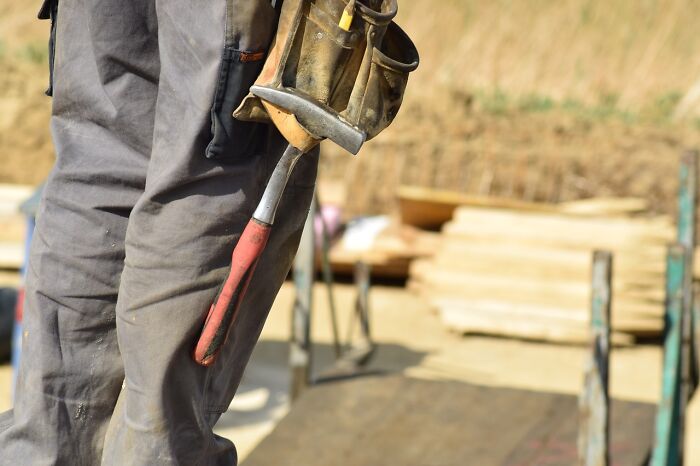
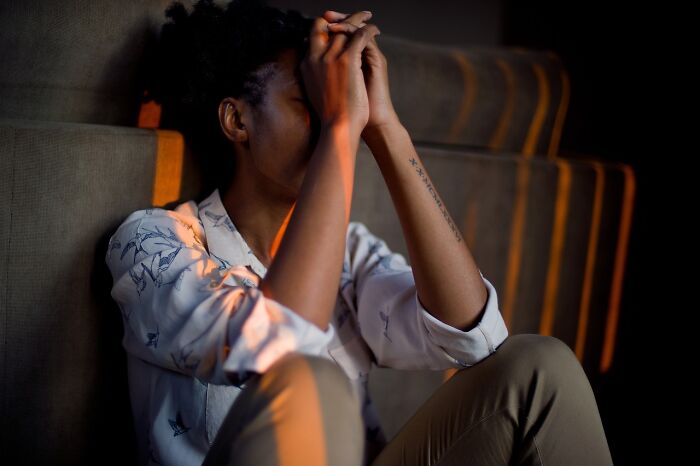

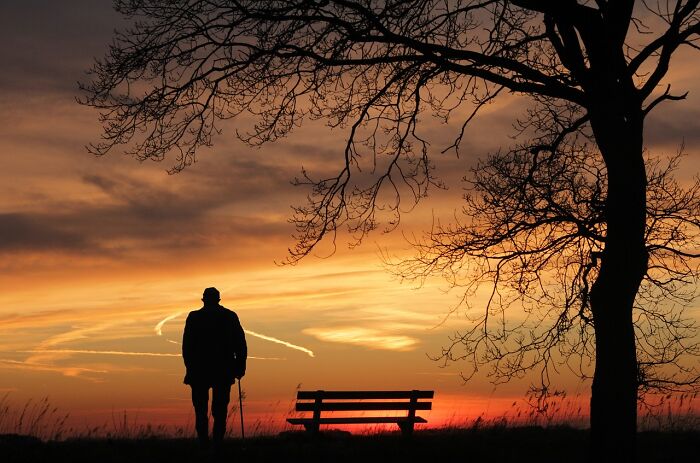
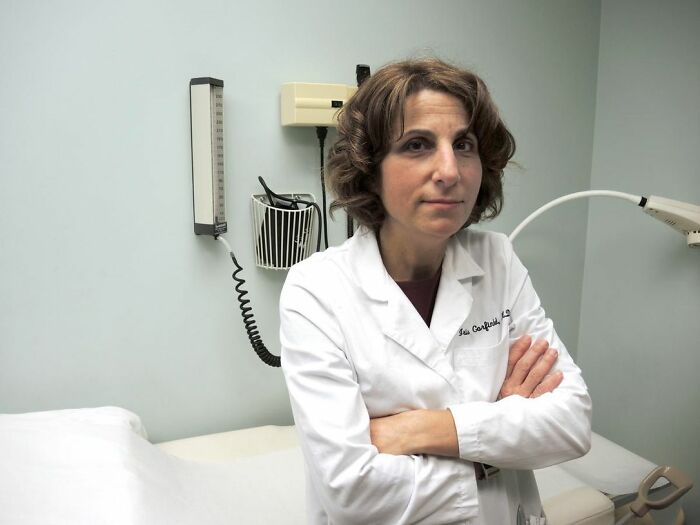



23
2